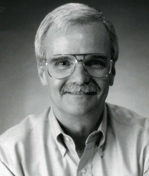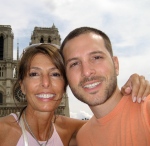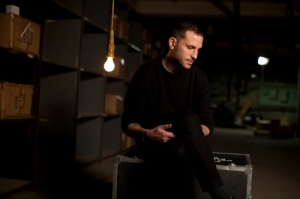 Dr. MacAfee shared with me: During a recent family therapy session, we brought up the topic of regrets. During the sharing, the conversation became heavy, as if the room were sinking into a tunnel of despair.
Dr. MacAfee shared with me: During a recent family therapy session, we brought up the topic of regrets. During the sharing, the conversation became heavy, as if the room were sinking into a tunnel of despair.
In an uncharacteristic move, I blurted out, “Woah. Stop. This is going nowhere. I can’t ignore the elephant in the room. Regrets aren’t to make you beat up on yourselves. Regrets are normal, and they show a corner of our health and wellbeing. Regrets are the thresholds to grace. We can learn from these difficult matters without hating ourselves. Regrets, when properly addressed, are the gate to healing. They enhance understanding of ourselves and our place in the world as a loving individual. Sure you wonder, “How could I have done ..X…?” This is a great question, and once addressed and answered properly, can led us to health. These are simply things we would not do again.
Something settled in the room.
My reaction: I always thought regret was unhealthy and felt if I were stronger I would not have them. Dr. MacAfee offers us a way of using regret as a powerful tool to move forward in consciousness.
Today’s Promise to consider: Today, I will use my regrets to make better choices, to develop a positive sense of wellbeing and to allow love and grace to lead me in every aspect of my life. I won’t live with regret for yesterday, but I will learn from yesterday’s regrets to live a better today.










7 Comments.
View Comments | Leave a Comment